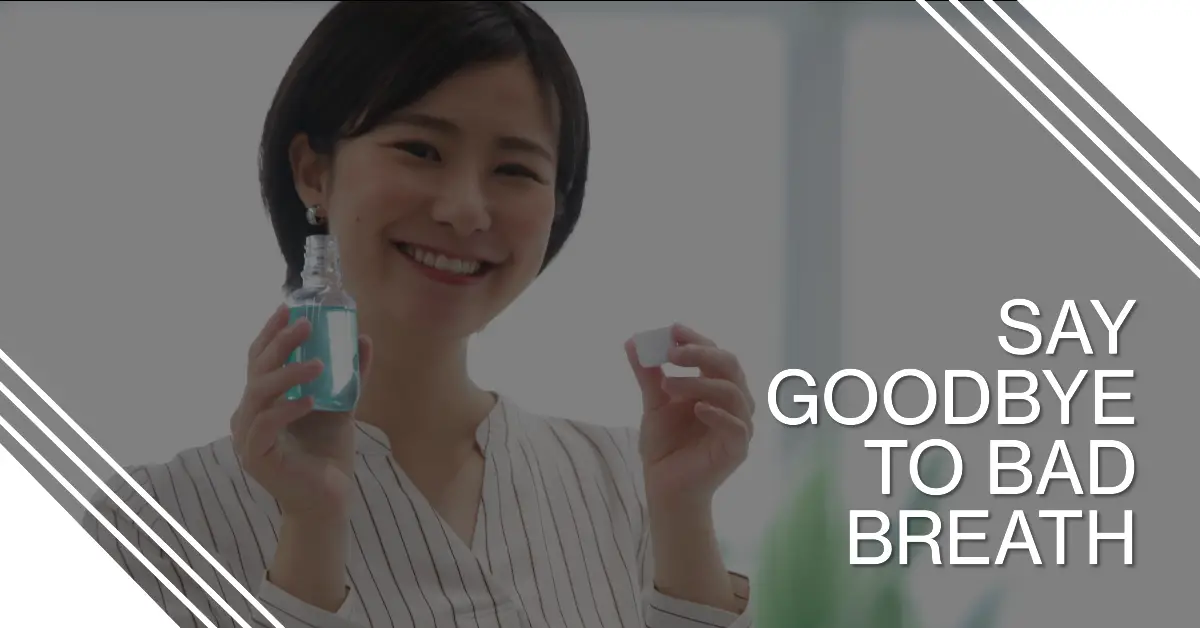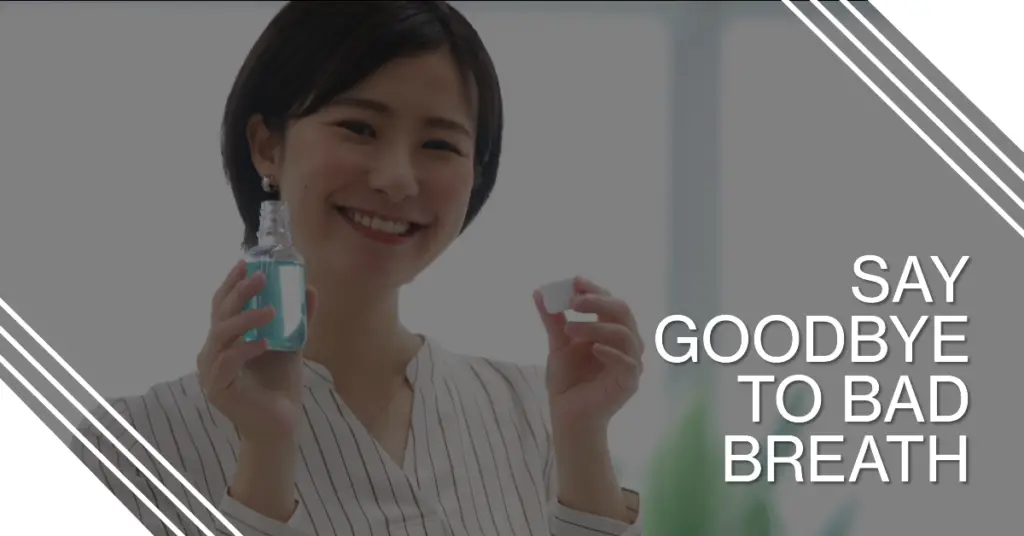

Symptoms
Sometimes people will move their face away or get back when they are talking to you, they might not tell you about your bad breath but you need to figure it out. They will also hesitate to come near you.
You can ask a close friend or your family member to gauge your mouth odor.
You can also check the odor by yourself by licking your wrist, leave it to dry, and then smell it. If you have a bad smell, you will know it.
Some people are concerned about their breath even if they might have slightly or no mouth odor. This condition is known as halitophobia and can cause obsessive mouth-cleansing behavior.
Diagnosis
Usually, a dentist will smell the breath of the patient to identify bad breath (halitosis) and they will rate the odor on a six-point intensity scale. However, there are some detectors which can rate odor more precisely.
Click to know – Bad breath (Halitosis) – Causes
These are –
• Halimeter – This is used to detect low levels of sulfur.
• Gas chromatography – This is also used to detect levels of sulfur compounds like methyl mercaptan, hydrogen sulfide, and dimethyl sulfide.
• BANA test – This is used to measures levels of an enzyme produced by halitosis-causing bacteria.
• Beta-galactosidase test – This is used to measures levels of an enzyme beta-galactosidase which is responsible for bad breath.
Treatment
• Follow a good Oral hygiene – Follow a good Oral hygiene method this is the key to most bad breath issues.
• Brush your teeth – Make sure that you brush your teeth at least twice a day, or you can do it after each meal.
• Floss – Flossing can help in removing stuck food particles and plaque from between the teeth as brushing can only clean up to 60 % of the tooth.
• Clean dentures or any dental device you are using – If you are having dentures, braces, bridge, or mouth guard, everything should be cleaned nicely and followed as per rules to prevent the bacteria from building up. You should change your toothbrush after every 2 to 3 months.
• Brush tongue – Bacteria, and dead cells get usually build upon the tongue, especially in people who smoke or have dry mouth. Therefore, use a tongue scraper can sometimes be useful.
• Avoid dry mouth – Drink plenty of water and a minimum 7 to 8 glass of water a day. Some medicine will be prescribed by your dentist if you have dry mouth all the time. By chewing gum, you might reduce your mouth odor. You can suck sugar-free objects and chew gum; this will help stimulate the production of saliva. Avoid drinking alcohol and using tobacco, both of them will dehydrate your mouth.
• Diet – Avoid eating onions, garlic, and spicy food when you are out. Avoid Sugary foods, coffee and alcohol consumption.
It is recommended that everyone should visit a dentist for a check-up and cleaning twice a year.




